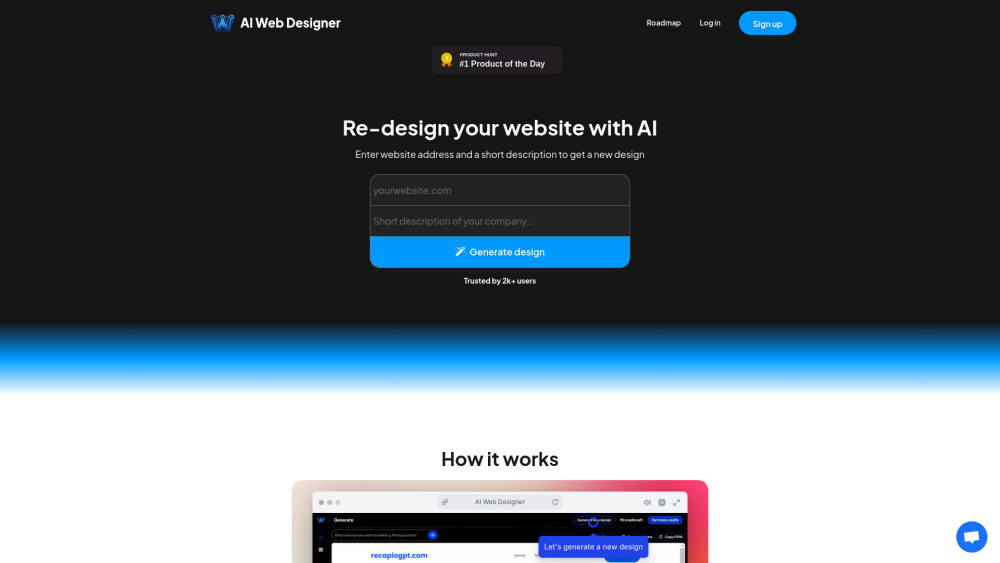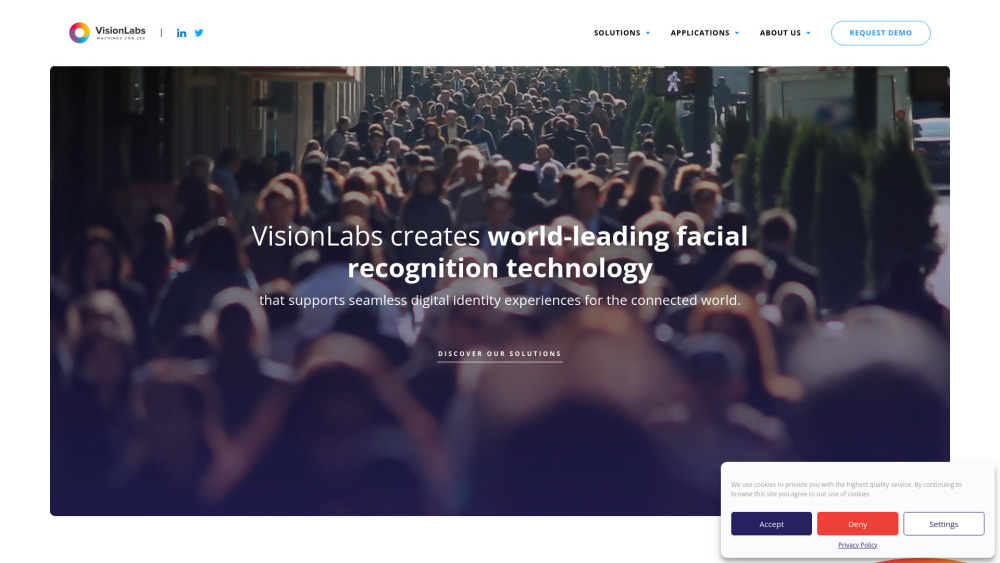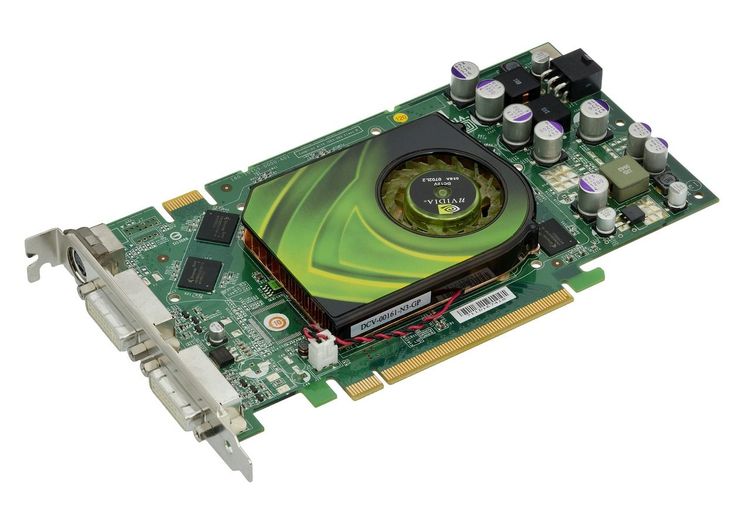Jiang Li, the director of Stanford University’s Center for Artificial Intelligence, Robotics, and Future Education, recently conducted a survey with students about their preferences for teachers. To his surprise, over half of the respondents favored artificial intelligence (AI) teachers. Students expressed that AI teachers are emotionally stable, treat all students equally, and can provide tailored learning experiences based on individual interests and styles. AI can assist students anytime and anywhere. However, many acknowledged that human teachers excel in emotional connection and personalized guidance, making their roles irreplaceable.
At the 2024 AI and Education Development Conference, Jiang shared these intriguing findings, highlighting the challenges that AI poses to the education sector, particularly the evolving role of teachers. "Today, schools primarily cultivate independent problem-solving skills, often limiting the use of computers in tests. Yet, in an AI-driven world, the key ability may shift to one that combines 'human + AI', akin to the concept of Iron Man," he stated. Jiang emphasized that AI can empower educators to become “super teachers” in this new era.
The conference focused on the theme “New Intelligence, New Learning, New Future—Big Trends in Education Under AI”. Experts observed that as education transforms under the impact of digital and intelligent technologies like ChatGPT, it's essential to recognize that AI in education is a double-edged sword, presenting both opportunities and challenges. Zhang Zhiyong, a professor at Beijing Normal University, noted that integrating AI can enhance teaching efficiency and support personalized education and class management. However, he cautioned that the application of AI also brings risks and challenges. In his view, future education should emphasize cultivating students’ values, critical thinking, creativity, and emotional intelligence, while fostering a robust ethical framework for a technologically advanced society. These elements will better prepare students to navigate their future environments.
Zhang analyzed that teachers should evolve from being merely curriculum-focused to becoming data researchers who uncover student development patterns. Cao Peijie, deputy director of the Digital Education Research Institute at the Chinese Academy of Educational Sciences, echoed this sentiment, urging educators to move beyond traditional “information transmitters” to become mentors who understand students, redesign curricula, cultivate character, and connect to the world. He pointed out that the rapid development of technology poses unprecedented challenges for teachers, predicting that instruction centered on knowledge dissemination will be increasingly replaced by technological solutions.
Teachers must adapt proactively, leveraging new tools to gauge student engagement beyond traditional metrics such as motivation and values, which significantly contribute to long-term development. “The relationship between humans and AI will be pivotal in the future,” stated Sun Xianliang, principal of Haier School. He argued for an educational approach that embraces change and focuses on developing students’ moral capabilities, lifelong learning skills, and creative thinking. Recognizing the uniqueness of each student, he advocated for an educational environment that fosters individual talents and supports harmonious coexistence.
Li Zhimin, vice president of the China Education Development Strategy Association, highlighted that current students are the first to coexist with the internet, making teacher training essential for successful digital transformation in education. He emphasized that educators must learn new methods, update their educational philosophies, and enhance their information technology skills. Additionally, a diverse and process-oriented educational evaluation system should be established to utilize data analytics effectively.
Cao concluded that while AI can assist with various educational tasks, it cannot supplant the vital emotional connections and interactions between teachers and students. The complexity of human emotions cannot easily be translated into computer code, indicating that teachers will play crucial roles as compassionate guides and supportive companions in the learning journey.






